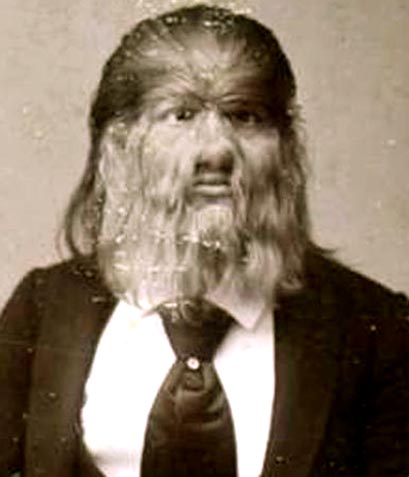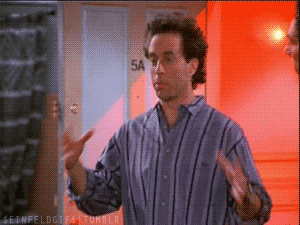I’m personally most attracted to women who are slender and pretty–though my version of pretty might differ from yours–but I would never hire someone on that basis or give them any professional favoritism. I don’t think that’s always the case, however. I remember that when Tina Brown was the Editor-in-Chief of the New Yorker, she would comment that “cuteness” was a factor in hiring writers. Perhaps she was just making a flippant remark, but the thriving cosmetic-surgery industry suggests that many believe good-looking people enjoy an unfair advantage because of their big, gorgeous heads. The opening of “The Ugly Truth,” Jonny Thakkar’s Aeon essay which examines the underlying meaning of beauty and obesity and braces and Botox:
“The faces and forms of oppression are many, but nearly all of them flow from injustice, the treatment of people otherwise than they deserve. It’s hard to say what exactly any one person deserves, of course, but in the modern world we tend to think that desert is somehow related to what people can control. The colour of your skin is not up to you, for example, so treating you badly on its basis is oppressive. The treatment in question doesn’t have to be explicit: a society that marginalises homosexuals might not be as oppressive as one that imprisons them, but it is oppressive nonetheless. Sexuality and race are fairly obvious fault lines for oppression, as are class and gender. But if oppression is treating people otherwise than they deserve, there’s another category that tends to slip under our radar, namely the oppression of the ugly.
We don’t choose the configuration of our facial features any more than we choose our skin colour, yet people discriminate based on looks all the time. As the psychologist Comila Shahani-Denning put it, summarising research on the topic in Hofstra Horizons in 2003: ‘Attractiveness biases have been demonstrated in such different areas as teacher judgments of students, voter preferences for political candidates and jury judgments in simulated trials … attractiveness also influences interviewers’ judgments of job applicants.’ From the toddler gazing up at the adult to the adult gazing down at the toddler, we ruthlessly privilege the beautiful. The ugly get screwed.
The ancient Greeks had no problem with this. As the 19th-century Swiss historian Jacob Burckhardt remarked: ‘Not only were the Greeks most strongly affected by beauty, but they universally and frankly expressed their conviction of its value.’ At one point in Homer’s Iliad, a rabble-rousing commoner named Thersites challenges Agamemnon’s authority and is quickly clobbered by Odysseus, whose disdain for the upstart is utterly uncompromising: ‘Out of all those who came beneath Ilion there is no worse man than you are.’ What is telling is that Homer’s own description of Thersites basically substitutes ‘ugliest’ for ‘worst’:This was the ugliest man who came beneath Ilion. He was bandy-legged and went lame of one foot, with shoulders stooped and drawn together over his chest, and above this his skull went up to a point with the wool grown sparsely upon it.”•


